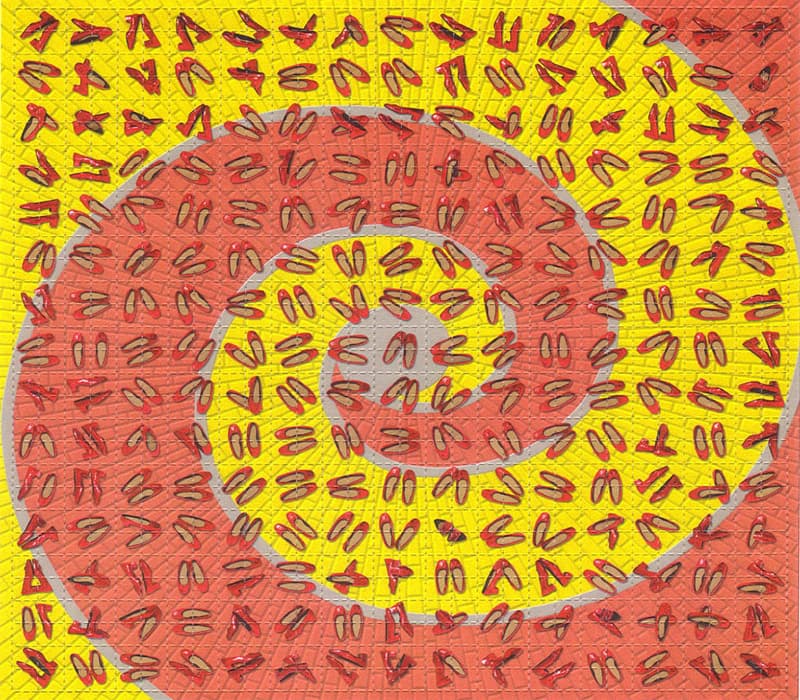Microdosing refers to the practice of taking tiny doses of psychedelics, such as LSD or psilocybin mushrooms. The doses – known as “sub-perceptual” doses – are so small that no classic psychedelic effects occur, such as changes to your perception. But despite the small dose, users still report a number of benefits, one of which includes enhanced productivity. Researchers are now starting to publish rigorous studies on microdosing, shining a light on whether this new trend does in fact help productivity.
Anecdotal Reports About Microdosing
Back in 2015, major news outlets began reporting that business professionals were LSD microdosing (doses of around 10 micrograms) and psilocybin mushrooms (0.2-0.5 grams) to help their productivity at work. The psychologist James Fadiman, who wrote about microdosing in his book The Psychedelic Explorer’s Guide (2011), said the trend was the strongest in San Francisco. Many media outlets reported that Silicon Valley workers, in particular, were microdosing to make them more productive and creative, giving themselves a competitive edge.

Workers claim that microdosing is like a healthier version of Adderall, a prescription amphetamine that Silicon Valley workers and students have been known to rely on as a productivity hack. But the microdosing trend extends well beyond the San Francisco Bay area. You can find positive reports about psychedelics’ potential to enhance productivity in communities, and there are now companies that sell microdosing kits designed to boost productivity.
But just how evidence-based are these claims about microdosing and productivity? Initial studies on microdosin,g have provided some interesting insights.
A Study Collecting Self-Reports
According to a study published in the Journal of Psychoactive Drugs and led by Fadiman, most participants who microdosed for a month experienced an increase in positive mood and productivity. The study collected self-reports from over 1,000 participants in 59 countries.
Despite the promising findings, the researchers warned against drawing any hard-and-fast conclusions from the study, given that the results came from self-reports. It’s possible, the researchers underlined, that participants may have experienced a boost in productivity due to the placebo effect. This is when you take an ineffective treatment with the expectation that it will work, and this expectation causes it to work.
Placebo-Controlled Studies on Microdosing
In order to eliminate the possibility of the placebo effect, we need double-blind, placebo-controlled studies on microdosing. In these studies, one group of participants takes a psychedelic while another takes a placebo, and neither the researchers nor the participants know which one they will receive. These studies help to show whether microdosing is actually more effective than taking a placebo.
In one of the first such studies on microdosing, researchers discovered that LSD increased subjective experiences of productivity to a higher degree than a placebo when the dose was 5 micrograms and 10 micrograms. When the dose was 20 micrograms, however, participants felt a significant reduction in productivity levels. Participants experienced the highest increase in productivity at the 10 microgram dose.
One downside to this study is that researchers measured subjective experiences of productivity. They did not measure whether, under the influence of a microdose, participants actually worked more efficiently or had a higher output compared to participants who took the placebo. This is why we need more research into the effects of microdosing.
The Downsides to Microdosing – and the Alternatives

A drawback of microdosing, in general, is that psychedelics are illegal in most parts of the world. This doesn’t just make these substances difficult to obtain, but by buying and possessing them, you are putting yourself at risk of legal prosecution. Since these substances also exist in an unregulated market, you are at risk of buying a substance of unknown dosage and potency. In addition, some drug dealers also sell harmful substances like NBOMe compounds as if they were LSD.
There are many legal alternatives to microdosing that can help boost your productivity, including caffeine, exercise, and meditation. Many people swear by the benefits of microdosing, claiming that it helps boost mood, concentration, and productivity (the three are definitely related). But it’s understandable if you don’t want to experiment with this practice. And that’s fine, as there are many alternative productivity hacks available to you.
